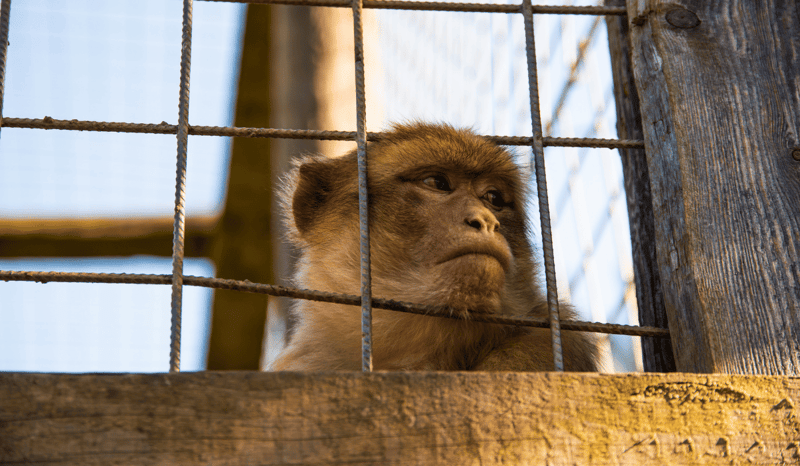
Discover the truth about zoos, their role in conservation efforts, and why wild animals shouldn’t be kept in captivity.
While it may sound obvious, it needs to be said: wild animals belong in the wild—not in captivity. Zoos often claim to be beacons of conservation and education, but the reality is deeply troubling. Subjecting wild animals to captivity is not only ethically wrong, but it also fails to contribute meaningfully to conservation efforts.
The Reality of Captivity: Suffering Behind Closed Doors
In our 2019 report, The Show Can’t Go On, we documented the harsh conditions faced by wild animals in captivity. Many zoos and aquariums, including those affiliated with the World Association of Zoos and Aquariums (WAZA), continue to exploit animals for entertainment purposes. This includes elephant rides, dolphin performances, and allowing tourists to take selfies with wild animals. These practices not only demean the animals but also cause them significant psychological and physical harm.
Our research found that 75% of WAZA-affiliated venues offered at least one type of direct interaction between visitors and animals, such as posing for selfies with orangutans or riding elephants. These activities are not only exploitative but also violate WAZA’s own code of ethics, which states that activities should not “demean or trivialize the animal in any way.”
Zoos and Conservation: A Misleading Narrative
Zoos often justify their existence by claiming to contribute to wildlife conservation. However, the reality is that the vast majority of animals in zoos are not endangered species, and breeding programs rarely result in successful reintroduction into the wild. In fact, studies have shown that zoos spend a disproportionately small amount of their budgets on actual conservation efforts.
True conservation requires protecting natural habitats, combating poaching, and supporting local communities in wildlife-friendly practices. These efforts are best led by nonprofit organizations and government programs dedicated to preserving biodiversity and ensuring the survival of species in their natural environments.
The Ethical Imperative: Keeping Wildlife in the Wild
At World Animal Protection, we advocate for a world where wild animals are free from exploitation and suffering. This means ending the use of wild animals in entertainment, supporting ethical wildlife tourism that respects animals, and investing in conservation efforts that prioritize the well-being of animals in their natural habitats.
We urge individuals to choose wildlife experiences, such as Wildlife Heritage Areas, that promote observation and respect, rather than exploitation. By supporting sanctuaries that rescue and rehabilitate animals, and by advocating for policies that protect wildlife, we can all contribute to a world where animals are no longer subjected to the cruelty of captivity.
For more information and ways to help protect animals, join World Animal Protection’s FREE online community and become an Animal Champion today.